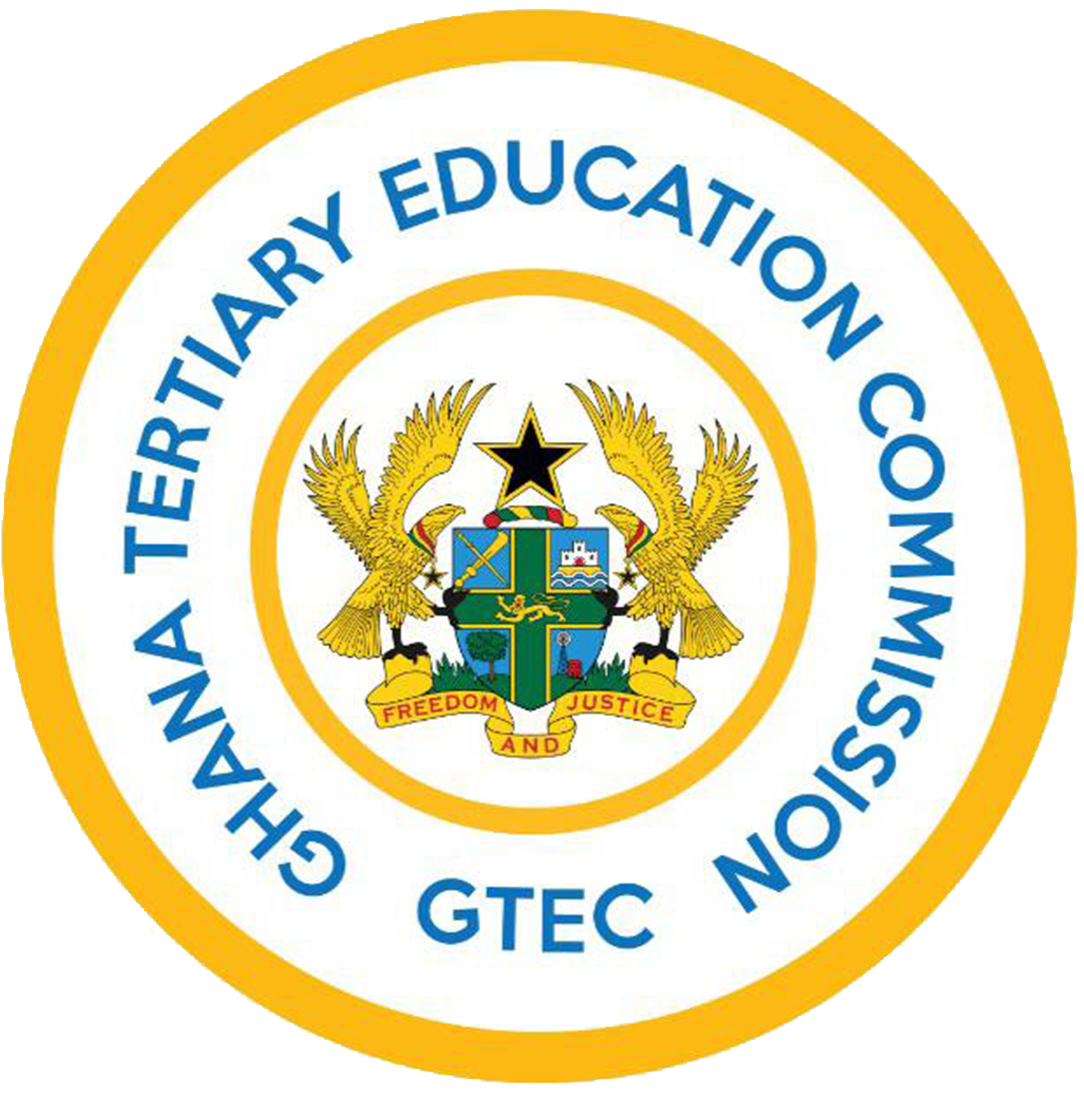Professor Tazeeb Rajwani
Professor Tazeeb Rajwani
Tazeeb Rajwani is a Chaired Professor in International Business and Strategy and Head of the Department of Strategy and International Business at Surrey Business School. He is also Visiting Professor at Cranfield School of Management and Fellow at University of Edinburgh. He was previously Professor of International Business and Strategy, Director of Executive Education, Director of Postgraduate Programmes, member of the Senior Management team and member of the Advisory Board at University of Essex. Prior to joining Essex, he was an Associate Professor (Reader) in Strategic Management, Director of Executive MBA and Director of Creating Strategic Advantage (CSA) Executive Programme at Cranfield School of Management. He holds or has held visiting faculty positions at London Business School, Kings College London, University of Warwick, University of Oxford, University of Edinburgh, University of Notre Dame, University of Peking, Strathmore University, ESMT, Queens University, University of Anáhuac, Royal Holloway (University of London), ALBA, Hult International Business School, American University of Beirut, Swiss Hotel Management School and University of Nottingham. He has been a Director of Strategy at a high-tech start-up. Prior to these roles he held a senior management position at KPMG Corporate Finance, where he was an Innovation Champion and member of the Thought Leadership group at KMPG International. His unique role at KPMG also included managing large complex projects globally with a particular focus on Corporate Finance.
Education
BSc (Surrey) MA (Nottingham) PhD (Imperial) FRSA
Publications
Selected Publications
- Liedong, T, Jimenez, A, Aghanya, D and Rajwani, T (2022). “Corporate political activity and bribery in Africa: Do Internet Penetration and Foreign Ownership Matter?”, Journal of Business Research. https://doi.org/10.1016/j.jbusres.2022.113326
- White, G, Rajwani, T and Krammer, S (2022). “ Legal distance and entrepreneurial orientation of foreign subsidiaries: Evidence from South-East Asia”, Journal of World Business. https://doi.org/10.1016/j.jwb.2022.101382
- Saeed, A, Riaz, H, Liedong, T, and Rajwani, T (2022). “Does Family Matter? Ownership, Motives and Firms Environmental Strategy”, Long Range Planning. https://doi.org/10.1016/j.lrp.2022.102216
- Shirodkar, V, Rajwani, T, Stadler, C, Hautz, J and Mayer, M (2022) “Corporate political activity and firm performance: the moderating effects of international and product diversification”, Journal of International Management. https://authors.elsevier.com/c/1ekvU3qXVuJDyZ
- Dieleman, M and Markus, S, Rajwani, T, White, G (2022). “Revisiting Institutional Voids: Advancing the International Business Literature by Leveraging Social Sciences”, Journal of International Management. https://authors.elsevier.com/sd/article/S1075425322000102
- Liedong, T, Taticchi, P, Rajwani, T and Pissani, N (2022) “Gracious Growth: How to Manage Trade-off between Corporate Greening and Corporate Growth”, Organizational Dynamics. https://authors.elsevier.com/c/1ejg-_23MHCGt2
- White, G and Chintakananda, A and Rajwani, T (2022). “Seeds of corruption? The contingent role of ties to politicians and foreign subsidiary relations with government sponsored financial institutions”, British Journal of Management. http://doi.org/10.1111/1467-8551.12589
- Sun, P, Doh, J, Rajwani, T and Siegel, D (2021). "Navigating Cross-Border Institutional Complexity: A Review and Assessment of Multinational Nonmarket Strategy," Journal of International Business Studies, 52 (9), 1818-1853 https://link.springer.com/article/10.1057/s41267-021-00438-x
- Peprah, A, Giachetti, C, Larsen, M and Rajwani, T (2021). “How Business Models Evolve in Weak Institutional Environments: The case of Jumia, the Amazon.com of Africa”, Organization Science. https://doi.org/10.1287/orsc.2021.1444
- Saeed, A, Riaz, H, Liedong, T, and Rajwani, T (2021) “The Impact of TMT Gender Diversity on Corporate Environmental Strategy in Emerging Economies”, Journal of Business Research. https://doi.org/10.1016/j.jbusres.2021.11.057
- White, G, Rajwani, T and Lawton, T (2021) “Open for Business in a Closed World? Managing MNE Nonmarket Strategy in Times of Populism and Geopolitical Uncertainty”, Multinational Business Review, 29 (4), pp. 441-450. https://doi.org/10.1108/MBR-06-2021-0077
- Lawton, T, Dorobantu, S, Rajwani, T and Sun, P (2020). “The implications of COVID-19 for Nonmarket Strategy research”, Journal of Management Studies. https://doi.org/10.1111/joms.12627
- Kearney, A, Harrington, D and Rajwani, T (2020). “Entrepreneurial Strategy making in tourism firms: A systematic review and future research agenda”, International Journal of Entrepreneurial Behaviour and Research. 27 (2), pp 496-519.
- Darendeli, I, Hill, T.L, Rajwani, T and Cheng, Y (2020) “The Arab Spring: Exposure to political shocks and building legitimacy through projects for resilience”, Multinational Business Review. https://www.emerald.com/insight/content/doi/10.1108/MBR-11-2019-0156/full/html
- Mungai, E, Ndiritu, S and Rajwani, T (2020). “Raising the bar? Top Management Teams, Gender Diversity, and Environmental Sustainability”, Africa Journal of Management. https://doi.org/10.1080/23322373.2020.1830688
- Liedong, T, Rajwani, T and Lawton, T (2020)."Information and Nonmarket Strategy: Conceptualizing the Interrelationship between Big Data and Corporate Political Activity". Technological Forecasting & Social Change. https://doi.org/10.1016/j.techfore.2020.120039
- White, G, Hemphill, T, Rajwani, T and Boddewyn, J (2020). "Does context really matter? The influence of deficient legal services on the intensity of political ties in the regulatory and legal arenas". Multinational Business Review. https://doi.org/10.1108/MBR-05-2019-0046
- Mungai, E, Ndiritu, S and Rajwani, T (2020) “Do voluntary environmental management systems improve Environmental performance? Evidence from waste management by Kenyan firms”, Journal of Cleaner Production. https://doi.org/10.1016/j.jclepro.2020.121636
- Liedong, T, Peprah, A, Amartey, A and Rajwani, T (2020). "Institutional Voids and Firms’ Resource Commitment in Emerging Markets: A Review and Future Research Agenda". Journal of International Management. https://doi.org/10.1016/j.intman.2020.100756
- Liedong, T, Aghanya, D and Rajwani, T (2019). “Corporate Political Strategies in Weak Institutional Environments: A break from conventions”, Journal of Business Ethics. https://doi.org/10.1007/s10551-019-04342-1
- De Villa, M.A, Rajwani, T, Lawton, T and Mellahi (2018) “To engage or not to engage? A study of corporate political activities in emerging markets with high institutional risk”, Global Strategy Journal. https://doi.org/10.1002/gsj.1205
- White, G, Boddewyn, J, Rajwani, T and Hemphill, T (2018). “Political ties and regulator vulnerabilities to political pressure: The moderating effects of regulatory and political distance”, Management International Review. 58(5), pp.743-769
- Liedong, T and Rajwani, T (2017). “The impact of Political Ties on Corporate Governance and Debt Financing: Evidence from Ghana”, Long Range Planning, 51(5), pp. 666-679
- Liedong, T, Rajwani, T and Mellahi, K (2017). “Reality or illusion? The efficacy of nonmarket strategy in institutional risk reduction”, British Journal of Management, 28 (4), pp. 609-628.
- Lawton, T, Rajwani, T and Minto, M (2017). “Why trade associations matter: Exploring function, meaning and influence”, Journal of Management Inquiry, 27 (1), pp. 5-9.
- Lawton, T and Rajwani, T (2017). “Introduction: Revisiting the Roles and Responsibilities of Trade Associations”, Journal of Management Inquiry, 27 (1), pp.3-4.
- White, G, Fainshmidt, S and Rajwani, T (2017). “Antecedents and Outcomes of Political Tie intensity: Institutional and Strategic Fit Perspectives”, Journal of International Management, 24 (1), pp. 1-15.
- Amaeshi, K, Adegbite, E and Rajwani, T (2016). “Corporate social responsibility in developing economies: Do institutional voids matter?” Journal of Business Ethics, 134 (1), pp. 135-153.
- Rajwani, T, Lawton, T and Phillips, N (2015). “The Voice of Industry: Why management researchers should pay attention to Trade Associations”, Strategic Organization, 13 (3), pp. 224-232.
- Rajwani, T and Liedong, T (2015). “Political activity and firm performance within nonmarket research: An international assessment and research agenda’, Journal of World Business, 50 (2), pp. 273-283.
- Andrea De Villa, M, Rajwani, T and Lawton, T (2015). “Market entry modes in a multipolar world: Untangling the moderating effect of the political environment”, International Business Review, 24 (3), pp. 419-429.
- Liedong, T, Ghobadian, A, Rajwani, T and O’Regan, N (2015). “Toward a view of complementarity: Trust and policy influence effects of corporate social responsibility and corporate political activity”, Group and Organization Management, 40 (3) pp. 405-427.
- Doh, J, Lawton, T, Rajwani, T and Paroutis, S (2014). “Why your company may need a Chief External Officer: Upgrading external affairs can help align strategy and improve competitive advantage”, Organizational Dynamics, 43 (2), 96-104.
- Stadler, C, Rajwani, T and Karaba, F (2014). “Solutions to the exploration/exploitation dilemma: Networks as a new level of analysis”. International Journal of Management Reviews, 16 (2), pp 172-193.
- Lawton, T, McGuire, S and Rajwani, T. (2013). “Corporate political activity: A literature review and research agenda”, International Journal of Management Reviews, 15 (1), pp. 86-105.
- Lawton, T, Rajwani, T and Doh, J. (2013). “The antecedents of political capabilities: The study of ownership, cross-border activity and organization at legacy airlines in a deregulatory context”, International Business Review, 22 (1), pp. 228-242.
- Doh, J, Lawton, T and Rajwani, T (2012). “Advancing nonmarket strategy research: institutional perspectives in a changing world”, Academy of Management Perspectives Journal, 26 (3), pp.22-39.
- Lawton, T, Rajwani, T and Reinmoeller, P (2012). “Rethinking survival instincts: Natural coping strategies for hostile environments”, Business Horizons, 55 (1), pp. 81-91.
- Lawton, T and Rajwani, T (2011), “Designing lobbying capabilities: Managerial choices in unpredictable environments”, European Business Review, Vol. 23, No. 2, pp. 167-189.
- Harrington, D, Lawton, T.C and Rajwani, T (2005). “Embracing and exploiting industry turbulence: The strategic transformation of Aer Lingus”, European Management Journal, 23 (4), pp.450-457.
Books Published
- “The Routledge Companion to Non-Market Strategy”, Co-edited with Thomas Lawton, Routledge Press, 2015.
- “Aligning for Advantage: competitive strategies for the political and social arenas”, With Thomas Lawton and Jonathon Doh, Oxford University Press, 2014.
Book Chapters
- Doh, J.D, Rajwani, T and Lawton, T (2018). ”An uncomfortable relationship: Nongovernmental organizations, trade associations, and the development of industry self-regulation”. In The Routledge Handbook of NGOs and International Relations, edited by Davies, T. Routledge Press.
- Lawton, T and Rajwani, T (2015). “Where next for non-market strategy?”. In The Routledge Companion to Non-Market Strategy, edited by Lawton, T and Rajwani, T. Routledge Press.
- John, A., Rajwani, T and Lawton, T (2015). “Corporate Political Activity”. In The Routledge Companion to Non-Market Strategy, edited by Lawton, T and Rajwani, T. Routledge Press.
- Harrington, D, Lawton, T and Rajwani, T (2007). “Embracing and Exploiting Industry Turbulence: The Strategic Transformation of Aer Lingus”. In Strategic Management in Aviation, edited by Thomas C. Lawton, Ashgate Publishing.
- Harrington, D, Lawton, T and Rajwani, T. (2005). “Aer Lingus”. In “Cases in Irish Entrepreneurship”, edited by Thomas M. Cooney, Blackhall Publishing.
Teaching
Teaching Full Time MBA students, EMBA students, MSc's and PhD students on the following topics:
- Strategic Management
- International Business
Award winning teacher with strong teaching evaluations e.g. recent teaching average scores are 4.9/5 on Full-Time MBA and 4.9/5 on the Executive MBA, 2019/2020/2021.
- MANM428 - Sustainable Strategies for International Business (FT MBA and EMBA)
- MAND040 - Contemporary Topics: Strategy and International Business (PhDs)
- MAND033 - Professional Development (PhDs)
Research Projects
Guest Editor: Journal of Management Studies, THE MANAGEMENT OF SOCIO-POLITICAL ISSUES AND ENVIRONMENTS: ORGANIZATIONAL AND STRATEGIC PERSPECTIVE
Guest Editor: International Business Review, MNE NONMARKET STRATEGY: COMPLEXITIES AND VARIETIES
Guest Editor: Multinational Business Review, OPEN FOR BUSINESS IN A CLOSED WORLD: MANAGING MNE NONMARKET STRATEGY IN TIMES OF POPULISM AND GEOPOLITICAL UNCERTAINTY





